Tax policy in America has long had its problems, and politicians have made the Internal Revenue Service a villain. Yet meager resources at the US Treasury have led to unprecedentedly low audit rates and lax enforcement, allowing both tax evaders and avoiders to profit at the expense of middle-class and low-income American households. In this bold essay, professor Scott Galloway argues that making the rich pay their fair share starts with an improved tax code and robust enforcement, and he suggests changes that could ease the burden on low-wage earners.
America’s spending as a percentage of GDP has not been a problem, historically; paying for it has.
Partisan squabbling has led both US political parties to spend with abandon: the Democrats on social initiatives and the Republicans on lower taxes. Both sides share in creating unsustainable, runaway sovereign debt.
The US economy is huge; its population’s needs justify rising government spending. Absent the Great Recession of 2007–2009 and the coronavirus pandemic rescue packages, America’s spending relative to GDP has experienced only a mild increase from the 1960s – from 17% to 20% annually. The cost of US government borrowing is low, but the national deficit now totals what the US economy produces in a year, and that’s bad. Political promises to reduce the debt burden ring hollow. Tax increases are not palatable to the electorate. People’s attention should be on tax collection rather ...
Scott Galloway, professor of marketing at New York University’s Stern School of Business, writes for and hosts the No Mercy/No Malice blog and podcast.










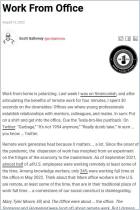
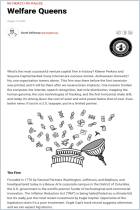

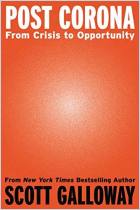



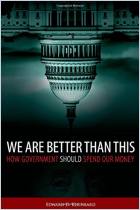
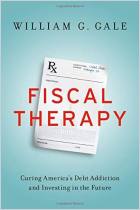
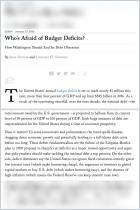
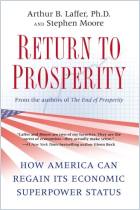
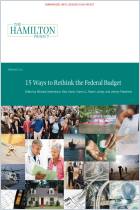
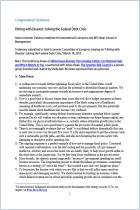






Comment on this summary or 开始讨论